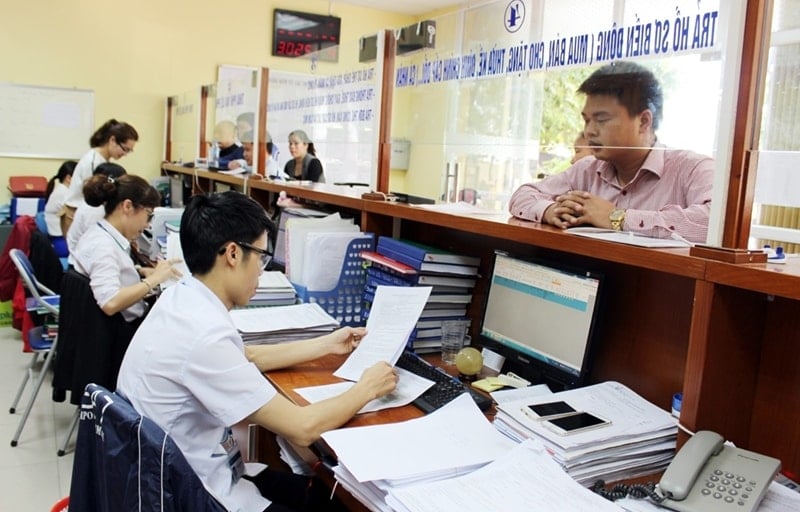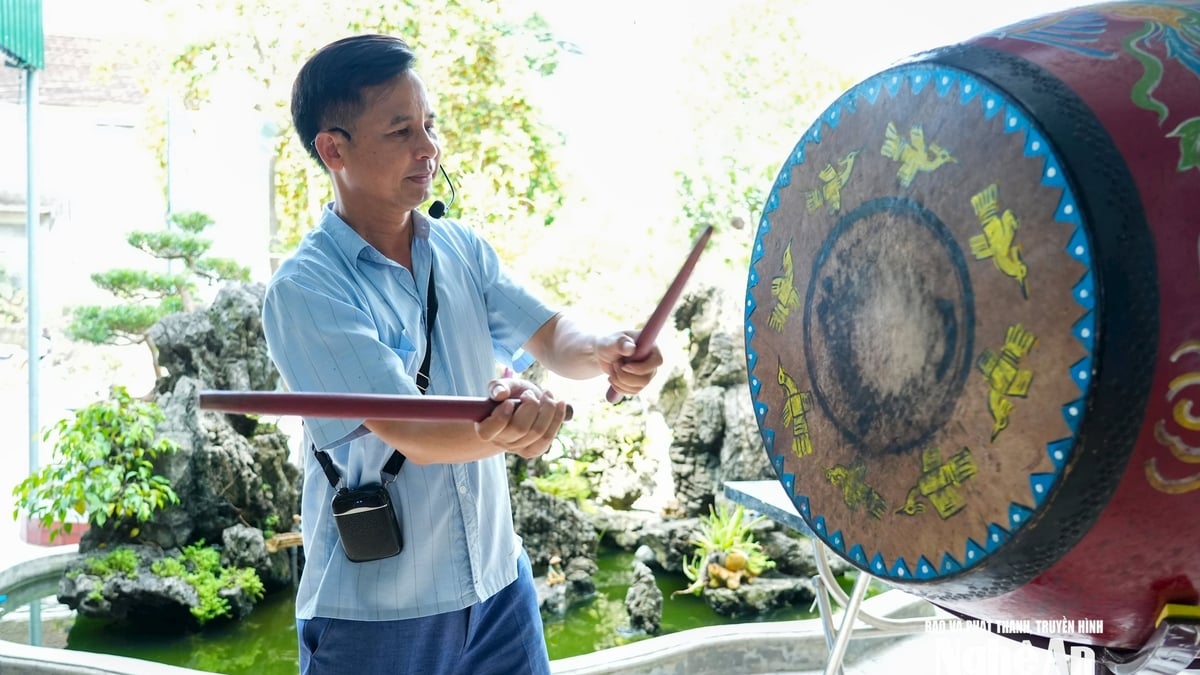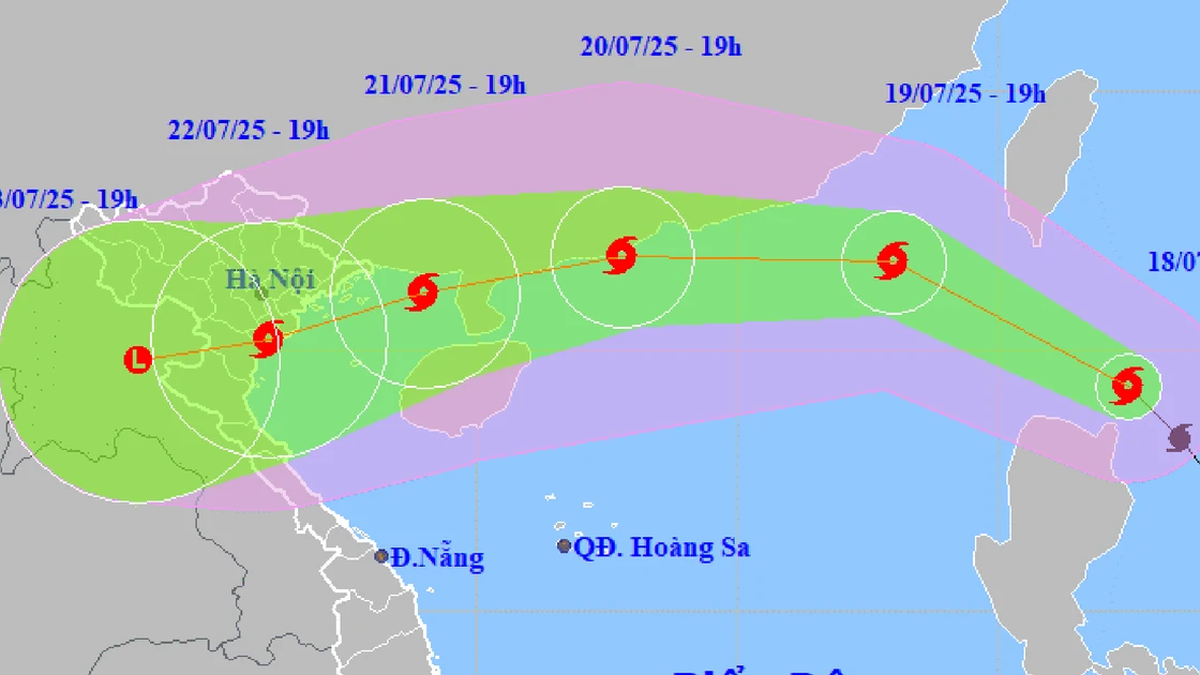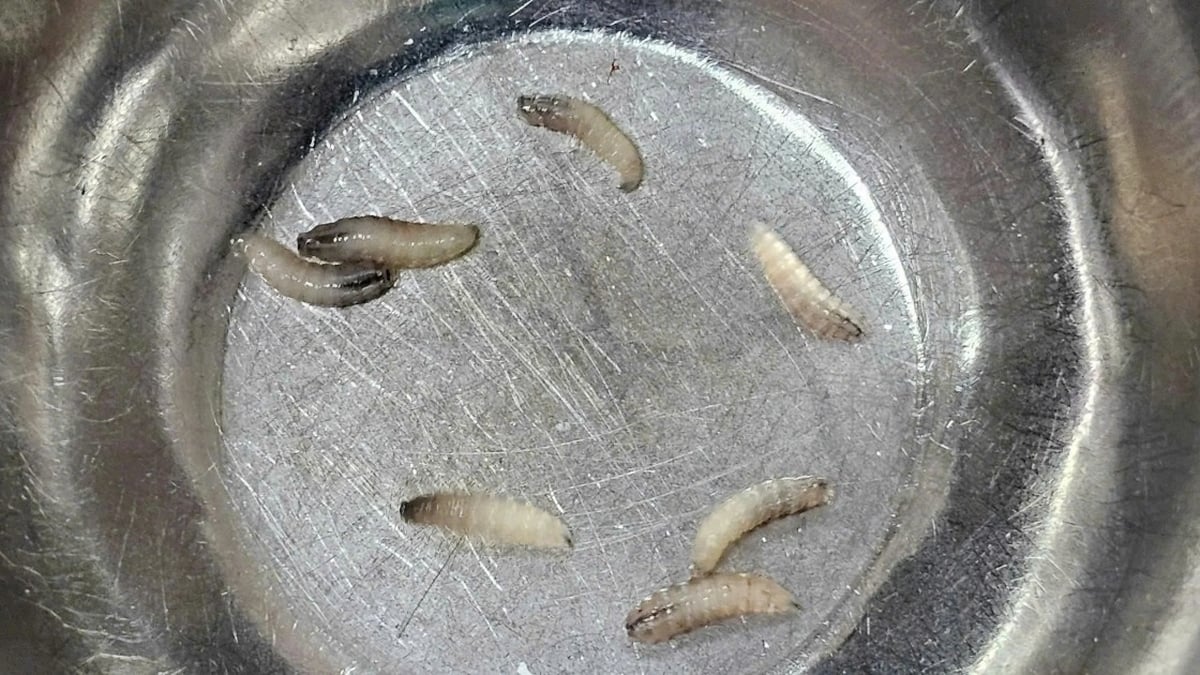The expansion of the tax base and taxpayers for income from inheritance and gifts is the subject of much debate.

There is a threshold value for duty exemption.
In the draft proposal to develop a project on Personal Income Tax (replacement) that is being published by the Ministry of Finance for public consultation, a notable proposal is to expand the scope of tax on income from inheritance and gifts.
The Ministry of Finance said that in Clause 9, Clause 10, Article 3, Article 18 of the current Law on Personal Income Tax only stipulates tax collection on inherited assets, gifts that are securities, capital in economic organizations, business establishments, real estate and other assets that must be registered for ownership or registered for use, without collecting personal income tax (PIT) on a type of inherited assets that many countries in the world have applied.
Through reviewing international experience, many countries tax inheritance and gifts based on value, including both property and cash.
Accordingly, to ensure comprehensiveness and fairness in implementing tax obligations for the same type of income, in accordance with current civil laws on inheritance and forms of inheritance, the Ministry of Finance believes that it is necessary to review, study, amend and supplement regulations on income from inheritance and gifts in the Law on Personal Income Tax to suit reality.
Ensuring fairness and avoiding budget losses
Regarding income from inheritance, Associate Professor Dr. Phan Huu Nghi, Deputy Director of the Institute of Banking and Finance, National Economics University, said that currently, income from inheritance within the family (including spouses, parents, and children) is exempt from tax. However, according to international practice, most countries apply tax on inheritance to ensure fairness and avoid budget losses. Meanwhile, Vietnam does not have a Law on Property Tax.
According to Mr. Nghi, the current trend of countries is to separate tax management for the super-rich. Our country has a Tax Department to manage large enterprises, so with personal income tax, it is also necessary to study the management and transfer of assets of the super-rich. Because this group is a small number but accounts for the majority of assets in society and assets of great value.
To adjust in line with international practice, Associate Professor Dr. Phan Huu Nghi suggested considering applying a tax rate of 15% - 20% for large inherited assets, similar to the tax rate applied in some developed countries. There should be a threshold value for tax exemption or a low tax rate for assets of small value, not large, to avoid affecting households that are not in the high-income group but have inherited assets for gifts.
In addition, according to Mr. Nghi, some countries apply tax incentives for heirs who have directly cared for and raised their parents or relatives for many years. If Vietnam applies this policy, heirs can have their tax rate reduced to 5-10%, or be completely exempted from tax in some special cases such as the elderly, the disabled, etc.
“Expanding the tax base and taxpayers for income from inheritance and gifts not only helps ensure fairness in the tax system, but also limits tax evasion and accumulation of assets by all means for the next generation, while increasing revenue for the budget and ensuring transparency in asset declaration,” Mr. Nghi emphasized.
Tax expert - Dr. Nguyen Ngoc Tu said that paying income tax on donated and inherited assets is natural for developed economies. There is a good social security system, people are supported by the Government in many aspects. Citizens aged 18 and over who go to university or vocational school can borrow money to pay tuition fees (no mortgage required) and when they graduate, they are paid a high salary. When buying a house on installments, they are given preferential low interest rates and can borrow up to 70% of the house value. Therefore, adults have a high level of independence and are less dependent on their parents or family. Therefore, when receiving an inheritance, they must pay income tax, even at a fairly high rate, because this asset was not created by the efforts of the beneficiary.
Meanwhile, for Vietnam, which originated from an agricultural economy, the forms of giving and inheriting property have become traditional cultural features. Many generations of grandparents and parents often take care of their children and grandchildren to settle down early, despite many difficulties in life, but do not sell their ancestral property and land... but leave it to their children and grandchildren to continue the tradition.
Mr. Tu also said that in reality, the donation and inheritance of assets in Vietnam is essentially just a transfer between family members, without any buying, selling or transferring activities on the market. Therefore, the legal system in general, and tax law in particular, should respect the national cultural characteristics regarding the issue of property ownership and inheritance, and it is not necessary to tax income at this time.
Source: https://daidoanket.vn/y-kien-trai-chieu-ve-thue-tai-san-thua-ke-10301684.html






























































































![[Infographic] In 2025, 47 products will achieve national OCOP](https://vphoto.vietnam.vn/thumb/402x226/vietnam/resource/IMAGE/2025/7/16/5d672398b0744db3ab920e05db8e5b7d)





Comment (0)